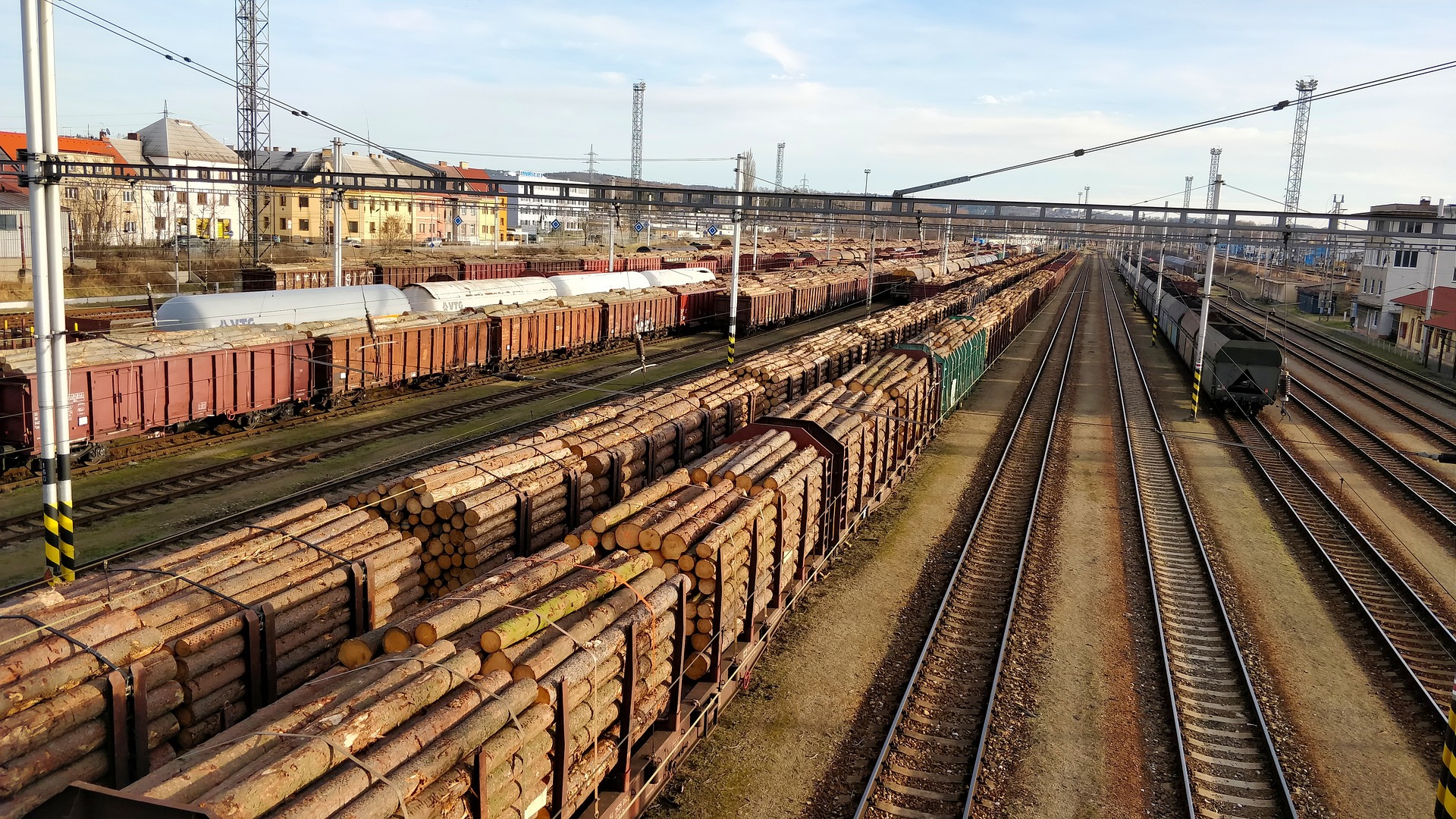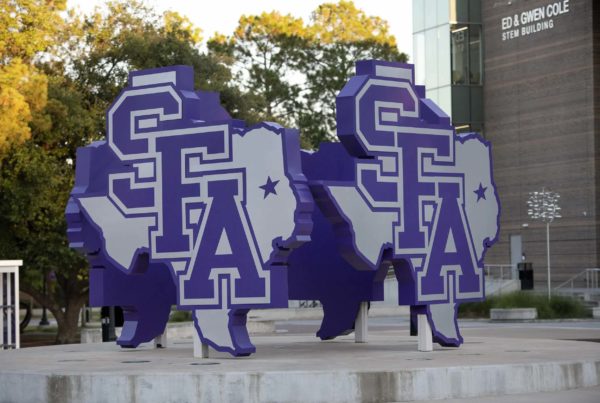The U.S. House is expected to vote today on a measure that would impose a compromise labor agreement between railroads and twelve unions representing their workers. The measure would avert a possible strike after four of the unions did not ratify a labor contract that was negotiated with help from the Biden administration back in September.
Observers say a rail strike could be devastating for the economy – stopping 7,000 trains a day across the country. And Texas would feel an outsized share of the pain, with more rail miles and crossings than any other state.
Josh Funk covers railroads for the Associated Press. He spoke with the Standard about how the government intends to avert the possible strike, and what impact a work stoppage among railroad workers would have on the economy. Listen to the interview above or read the transcript below.
This transcript has been edited lightly for clarity:
Texas Standard: President Biden is urging Congress to pass this measure, forcing railroads and unions to accept the negotiated contract. How would that actually work? And do you think Congress is likely to do it?
Josh Funk: Congress has the power to step into railroad contract talks and impose contract terms on the workers and the railroads because there is such a tremendous impact of a potential rail strike. The economy would be hit hard and just about every industry would be affected because they all rely on railroads to deliver their finished products so much. The House is set to vote this morning on a measure that would impose an agreement along the terms that the railroad unions agreed to back in September.
Why haven’t the parties been able to come to an agreement that satisfies the rank and file of the unions?
Well, there are 12 railroad unions and four of them have rejected these deals. The key issues are all related to quality of life concerns. The workers have been upset about demanding schedules. The railroads have put in place strict attendance policies that they say make it hard to even take a day off. And they’ve also been pushing for the railroads to add paid sick time.
What a time for this to come to a head, though, right? I mean, here we are going into the Christmas season. You think about the constellation of issues that are facing the economy right now that has given this an added sense of urgency, it seems.
Indeed. The railroad industry, for instance, estimates that a strike would be a $2 billion hit on the economy every day. And it could certainly force other manufacturers and company staff to shut down their manufacturing because they can’t get what they need from railroads, which would cost jobs all across the economy. The American Chemistry Council also estimated that a railroad strike, if it lasted a month, could easily send the economy into a recession, although Congress isn’t likely to let a strike go on that long. They’re acting now to try and prevent a strike from happening at all. But even if one were to happen, it’d be unlikely to last more than a couple of days.
You know, you mentioned $2 billion a day. Is there a way to put that number in perspective? And is it known whether there are specific parts of the economy that might be hardest hit?
Because so many businesses rely on railroads – just about everywhere you turn – and the economy, there would be a big hit. One of the first places that would be affected is the chemical business and refineries, because railroads would actually stop shipping hazardous chemicals a few days before the strike deadline just to make sure that those aren’t stranded out on the rails. And so chemical plants and refineries might be running short of the chemicals they need pretty quick after a strike starts. And if refineries can’t operate, obviously that raises concerns about gas prices increasing and fuel shortages when we’ve all been already paying more for gas with inflation this past year.
You’ve been covering the industry for some time. Is there anything comparable that comes to mind and that might give us some sense of where this ultimately may wind up?
We see in past railroad strikes that Congress typically does step in because the impact to the economy is so great. The last time there was a rail strike, back in 1992, it lasted for two days before Congress passed a bill that forced railroad workers back to work. And in the past, Congress has acted more than a dozen times to stop railroad strikes because of concerns about the impact of the economy. There’s a federal law that governs railroad contract talks that makes it especially hard for railroad workers to go on strike because there is so much concern about the impact it would have on the economy.
What happens after the House vote?
After the House vote this morning, this bill will go over to the Senate in the next few days and we’ll get a vote there. One of the key questions is how many Republicans will support this measure.
Lawmakers will be voting on a main bill to impose contract terms and then they’ll also be voting on a second bill that would add seven days of sick time on top of the agreements that were agreed to back in September. But it’s not clear if that additional sick time will get enough support to pass.












